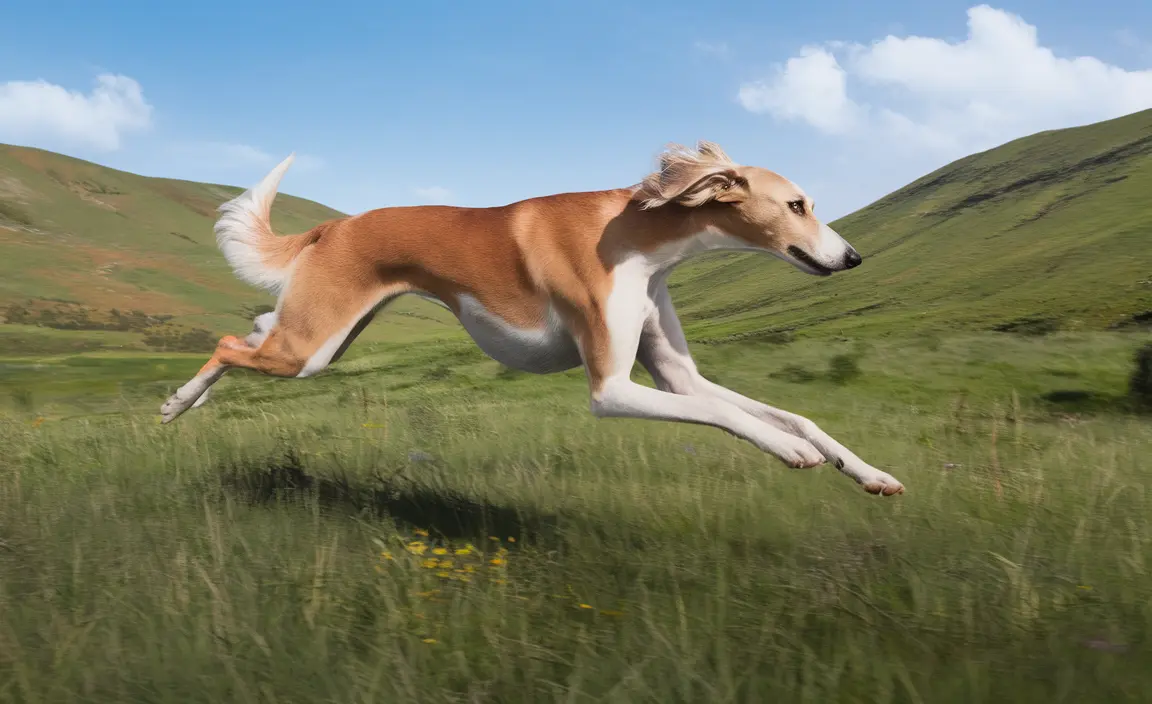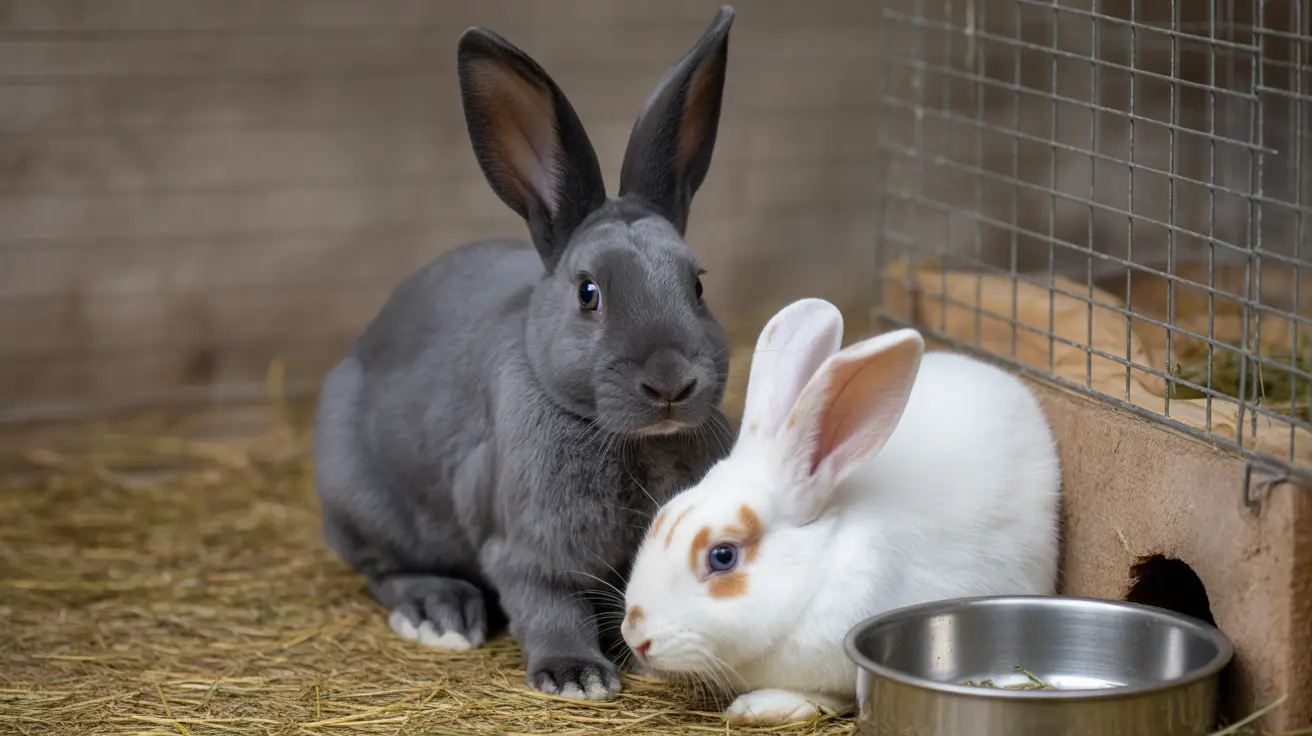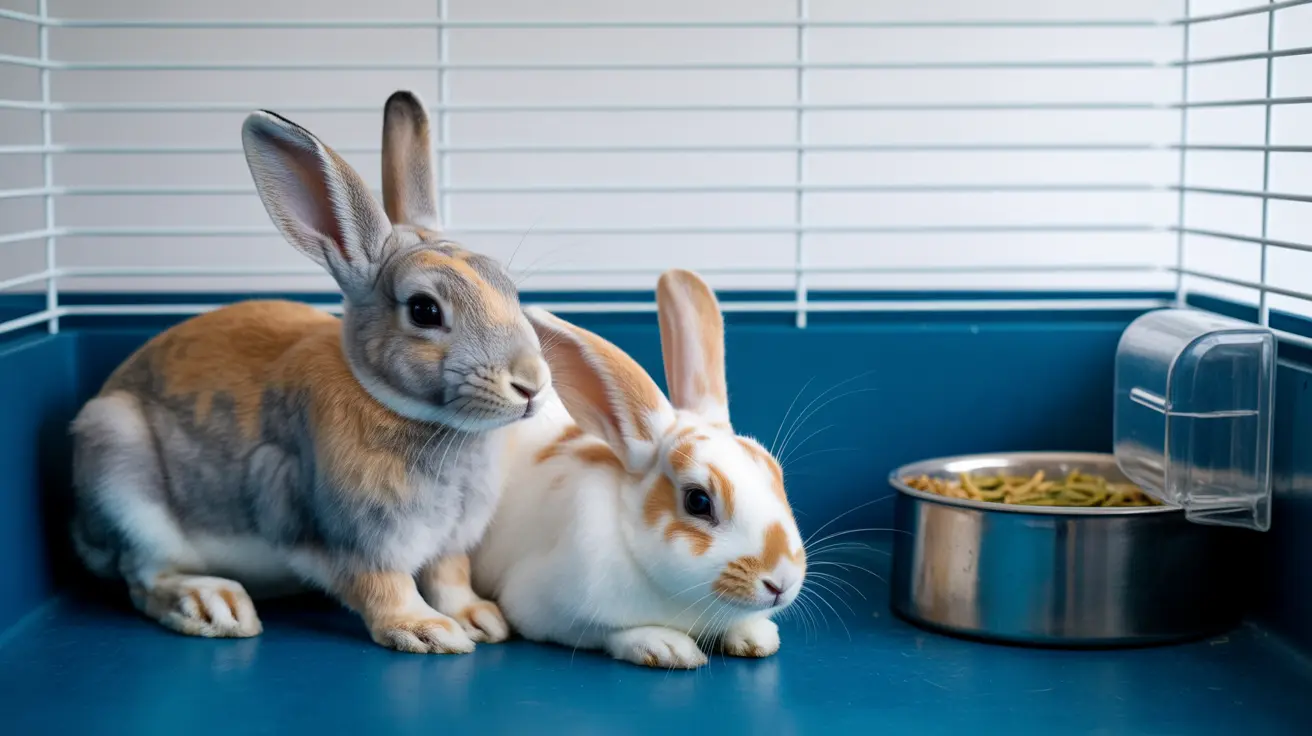The Saluki dog is a remarkable and ancient breed that captures the hearts of dog enthusiasts with its elegant appearance and unique characteristics. Originating from the Middle East, these sighthounds are renowned for their grace, speed, and distinctive personality, making them a fascinating companion for the right owner.
This comprehensive guide will explore everything you need to know about Saluki dogs, from their physical traits and exercise needs to training challenges and living requirements.
Physical Characteristics of the Saluki Dog
Saluki dogs are stunning sighthounds characterized by their tall, slender build and exceptional athletic physique. They come in two distinct coat varieties: smooth and feathered, each offering a unique aesthetic appeal. Their gentle and graceful appearance belies their incredible speed and hunting heritage.
Coat and Appearance
The smooth-coated Saluki presents a sleek, streamlined look, while the feathered variety boasts longer hair on the ears, tail, and legs. Their coat colors can range from cream and fawn to rich red and black and tan, providing a diverse palette of beautiful variations.
Temperament and Personality Traits
Saluki dogs are known for their complex and nuanced temperament. Highly intelligent and sensitive, they possess an independent nature that can sometimes be mistaken for aloofness. Their strong prey drive is a testament to their historical role as hunting companions in desert regions.
Training Challenges
Training a Saluki requires patience, consistency, and positive reinforcement. Their intelligent but stubborn nature means traditional training methods may not always be effective. Experienced dog owners who understand positive motivation techniques will find the most success.
Exercise Requirements for Saluki Dogs
These dogs are not for the sedentary lifestyle. Salukis demand extensive daily exercise to maintain their physical and mental well-being. Runners, hikers, and active individuals will find them to be exceptional companions who thrive on high-intensity activities.
Ideal Exercise Environments
A securely fenced, large yard is crucial for Saluki dogs. Their strong prey drive means they cannot be reliably off-leash in open areas. Structured activities like long runs, agility training, and controlled play sessions are ideal for meeting their exercise needs.
Living Considerations for Saluki Owners
Saluki dogs are not well-suited to apartment living. They require spacious environments with room to move and explore. Their sensitivity to cold weather means owners in cooler climates must provide appropriate protection and indoor comfort.
Health and Grooming
Generally a healthy breed, Salukis still require regular veterinary check-ups. Potential owners should be aware of breed-specific health concerns like hemangiosarcoma and bloat. Their grooming needs are relatively low to moderate, with feathered varieties requiring slightly more coat maintenance.
Frequently Asked Questions
How much exercise does a Saluki dog need daily?
Salukis require at least 1-2 hours of intense exercise daily, including activities that allow them to run and stretch their athletic bodies.
Why are Salukis difficult to train?
Their independent nature and high intelligence mean they don't respond well to repetitive or harsh training methods. Positive reinforcement and engaging training techniques work best.
Can Salukis live in an apartment?
No, Salukis are not recommended for apartment living. They need large, securely fenced spaces to move and exercise.
How do I socialize my Saluki?
Early and consistent socialization is key. Expose them to various people, animals, and environments from a young age using positive experiences.
What are the most common health issues for Salukis?
Potential health concerns include hemangiosarcoma, bloat, and occasionally genetic eye and heart conditions. Regular veterinary check-ups are essential.
Understanding and meeting a Saluki's unique needs can result in a deeply rewarding companionship for the right owner. Their blend of elegance, intelligence, and athletic prowess makes them a truly extraordinary breed.






